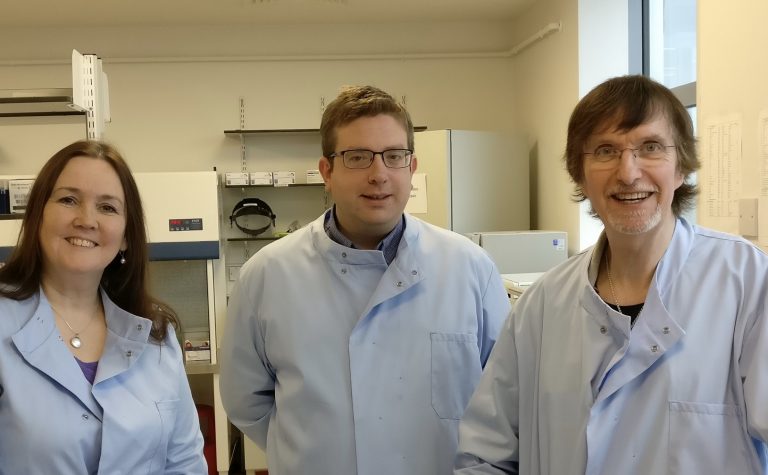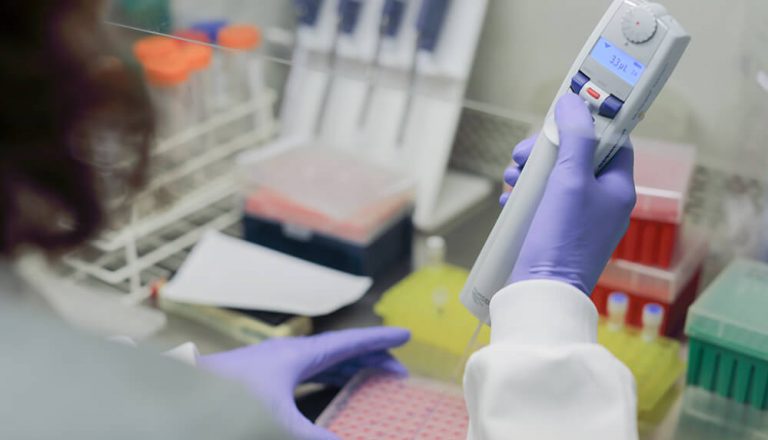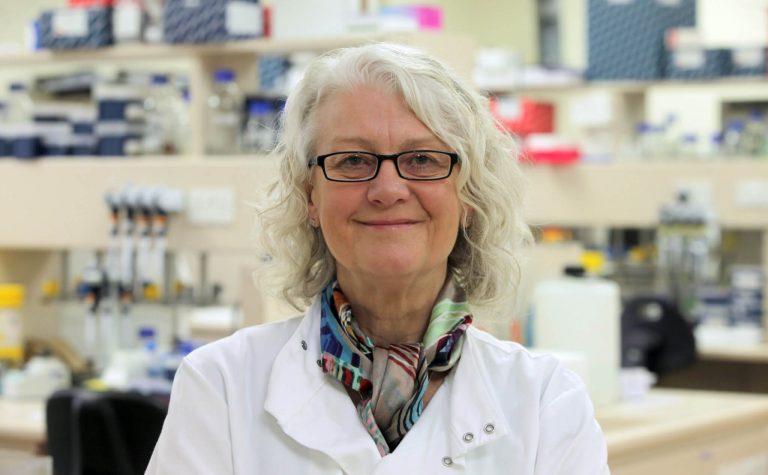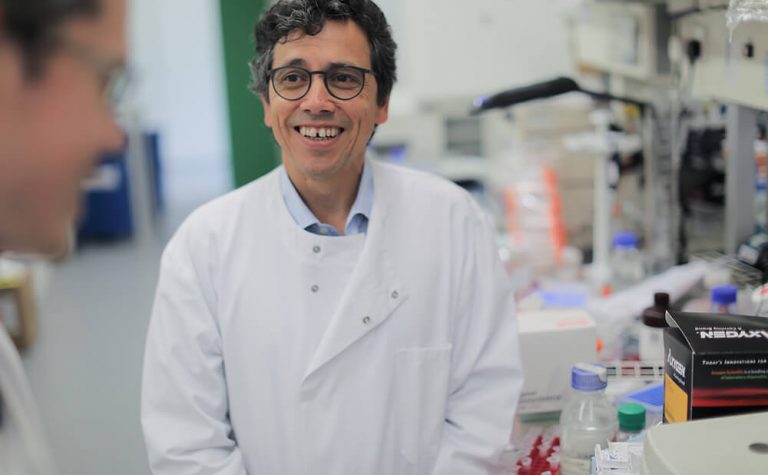Project Details
Project Title
Identification of infections which may play a role in the aetiology of childhood acute lymphoblastic leukaemia (ALL)
Lead Researcher
Dr Ian Hampson and Dr Lynne Hampson
Research Centre
University of Manchester
City & Institution Postcode
Manchester, M13 9WL
Start Date
1 June 2015
Duration
43 months
Grant Amount
£190,204




